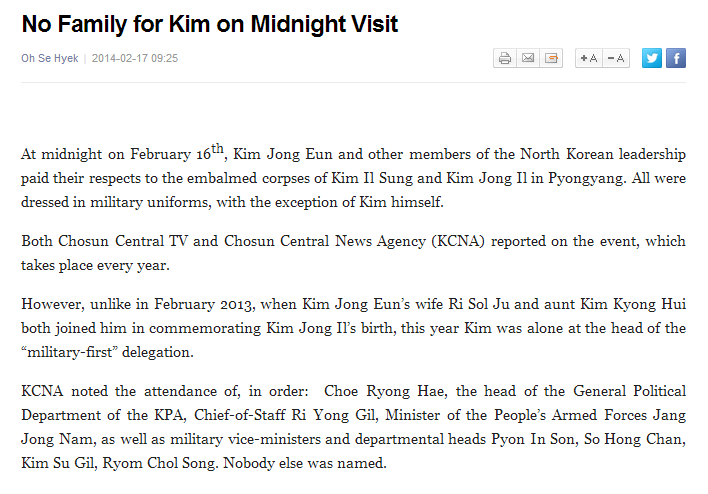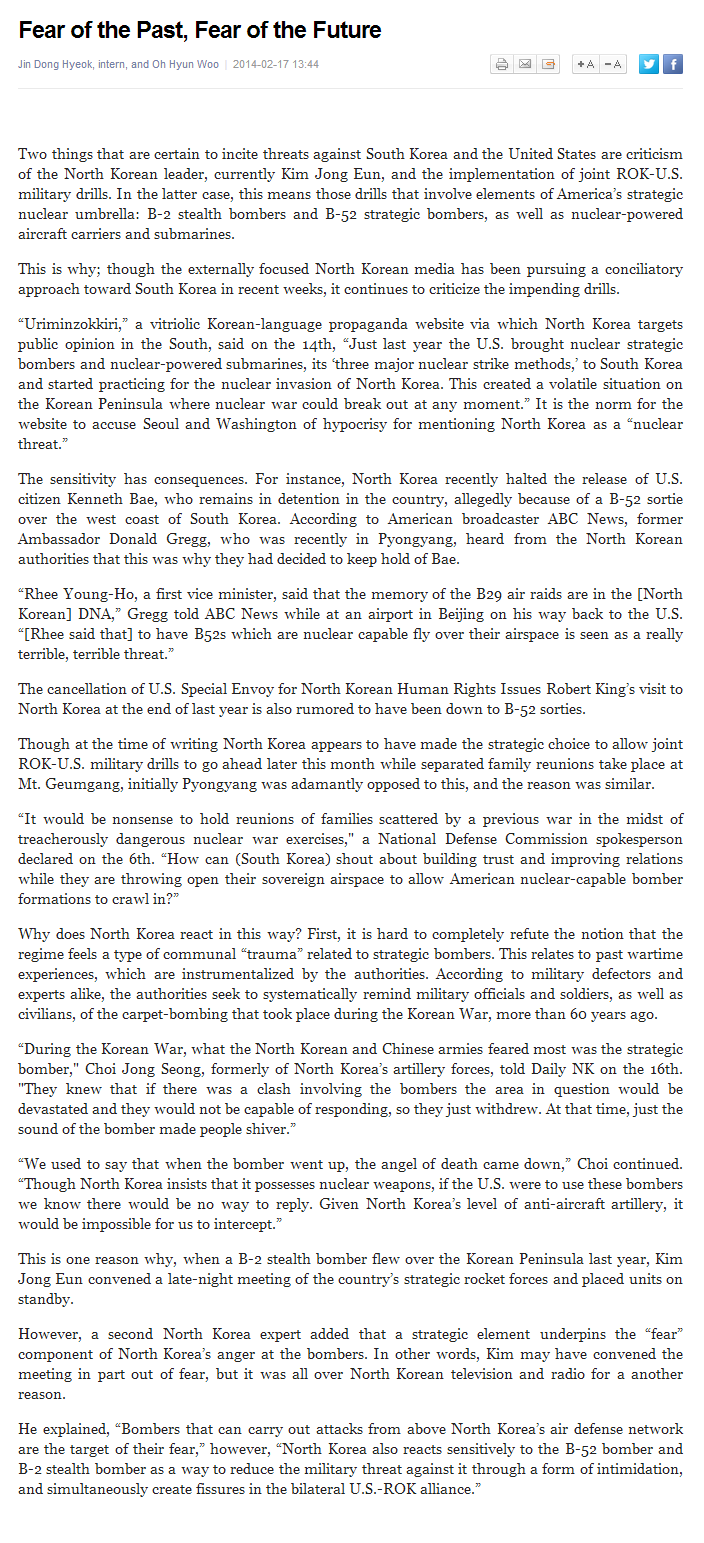- Joined
- Jul 15, 2013
- Messages
- 153
- Points
- 0
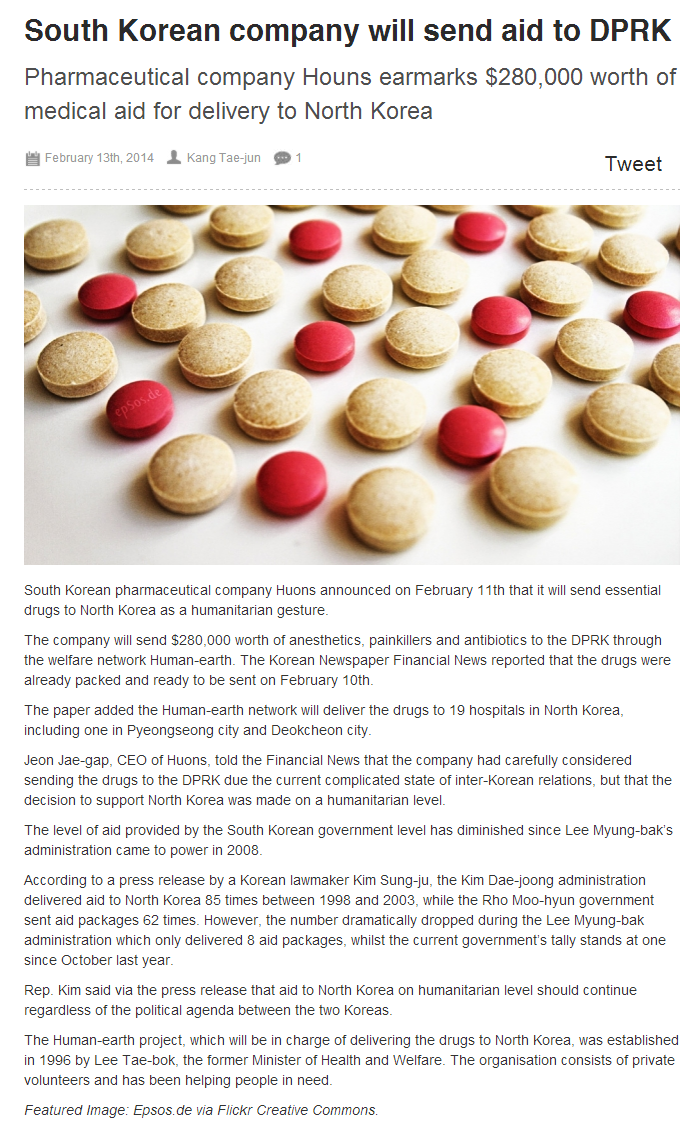

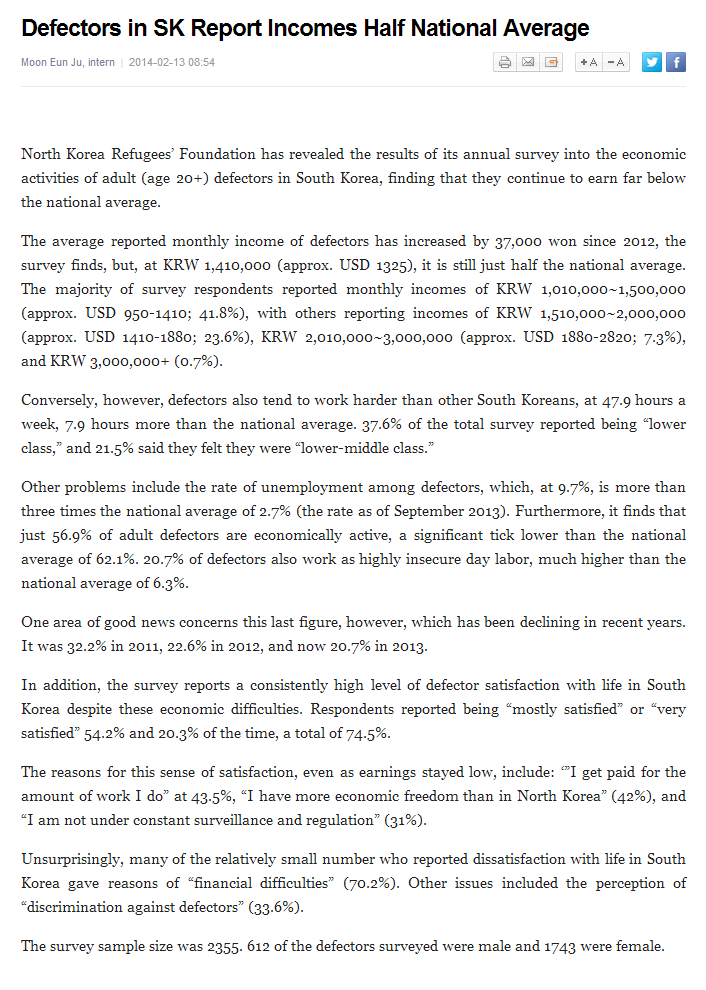
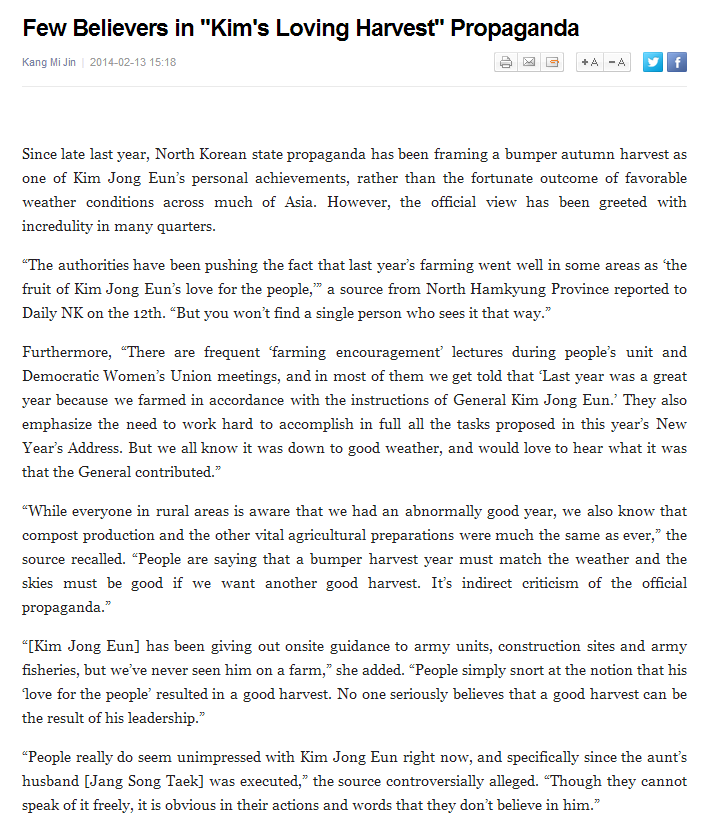
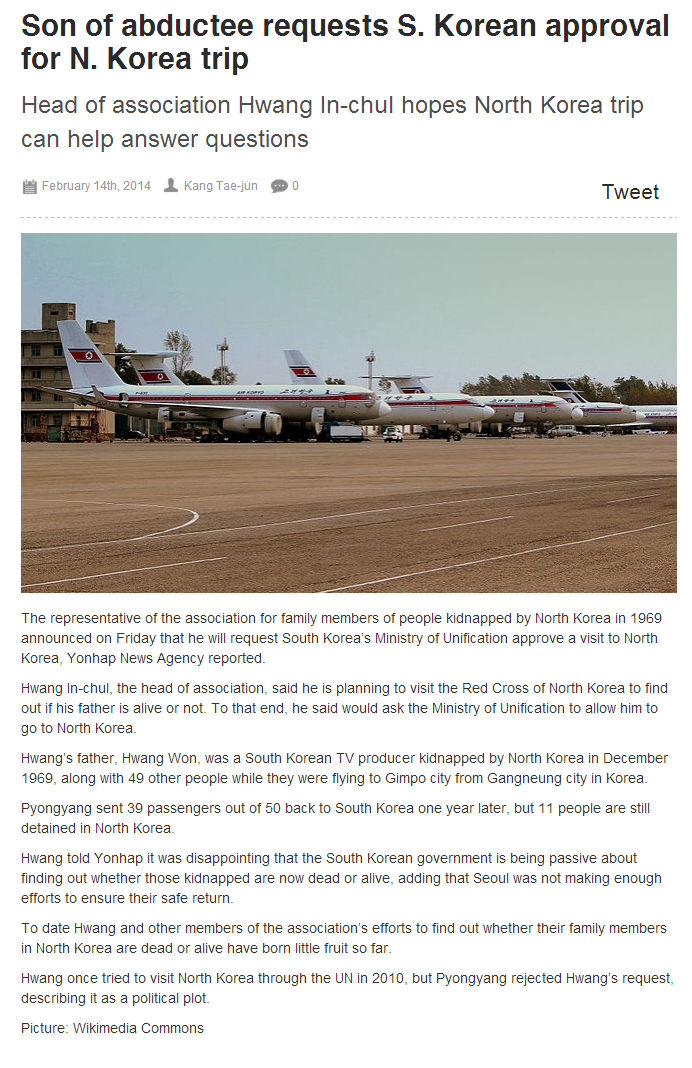
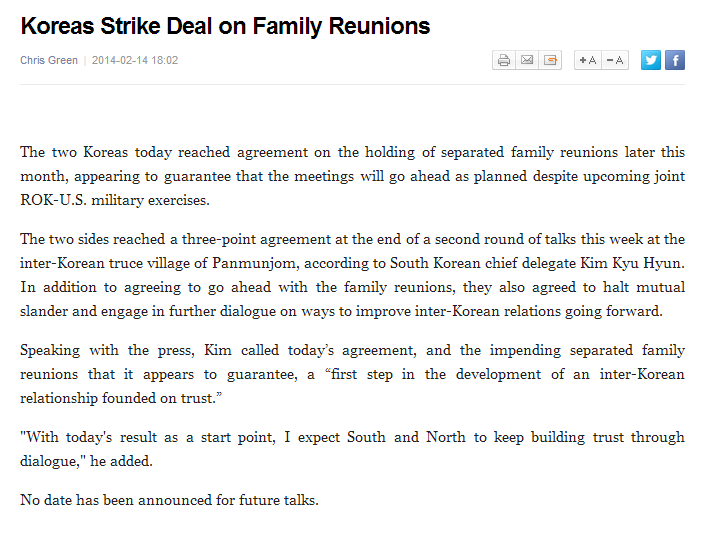


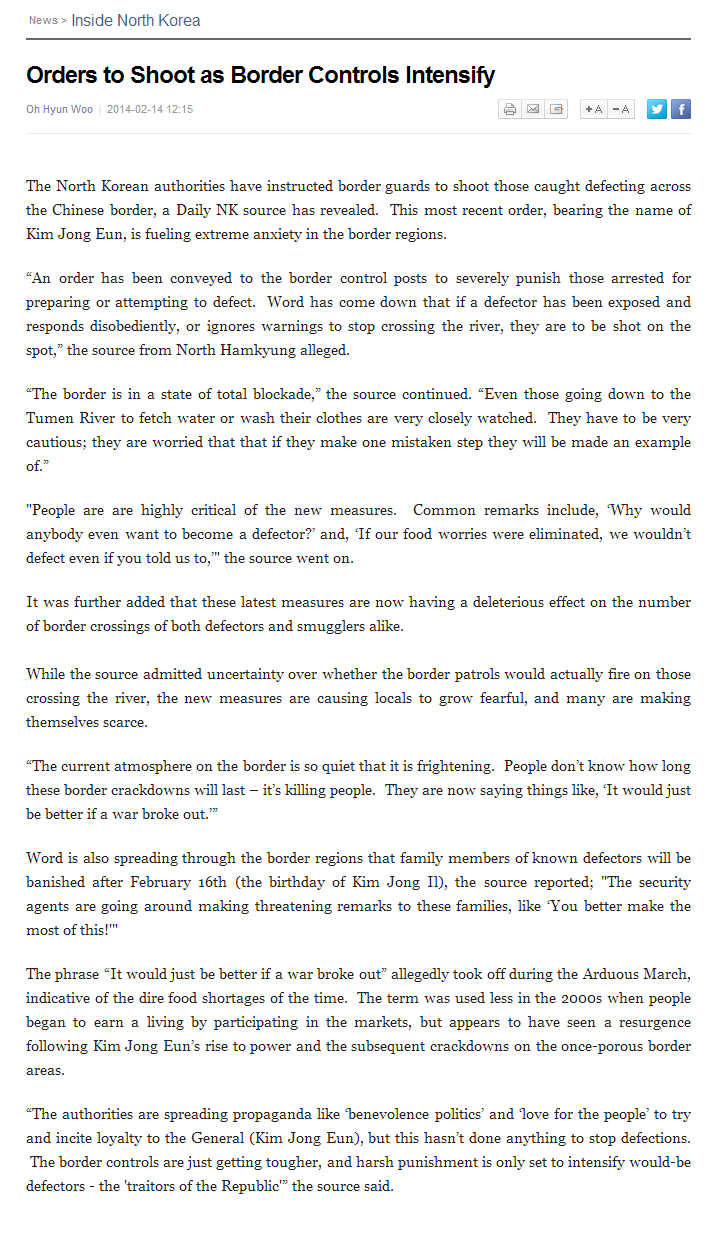
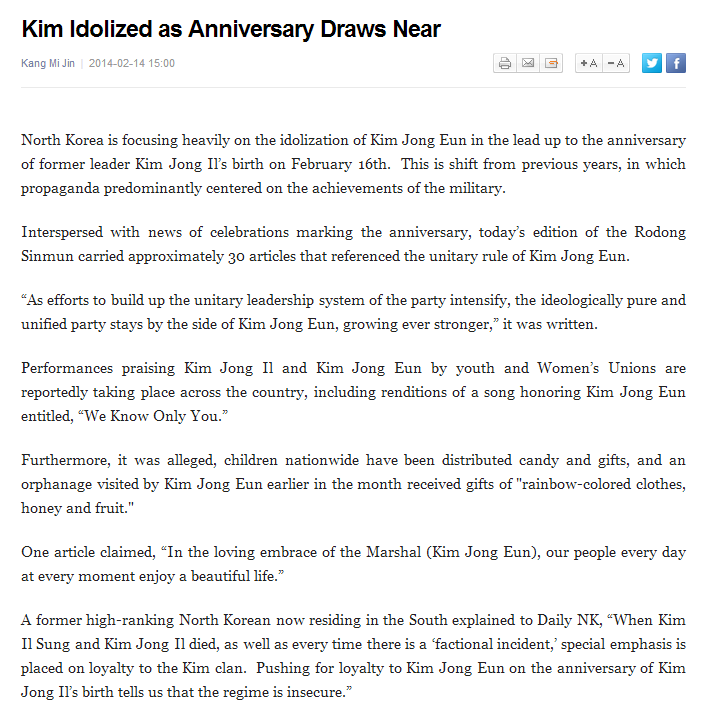
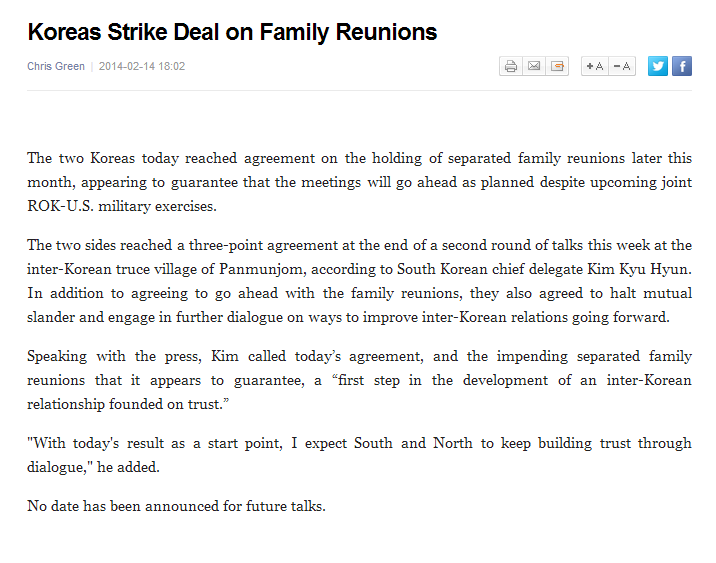
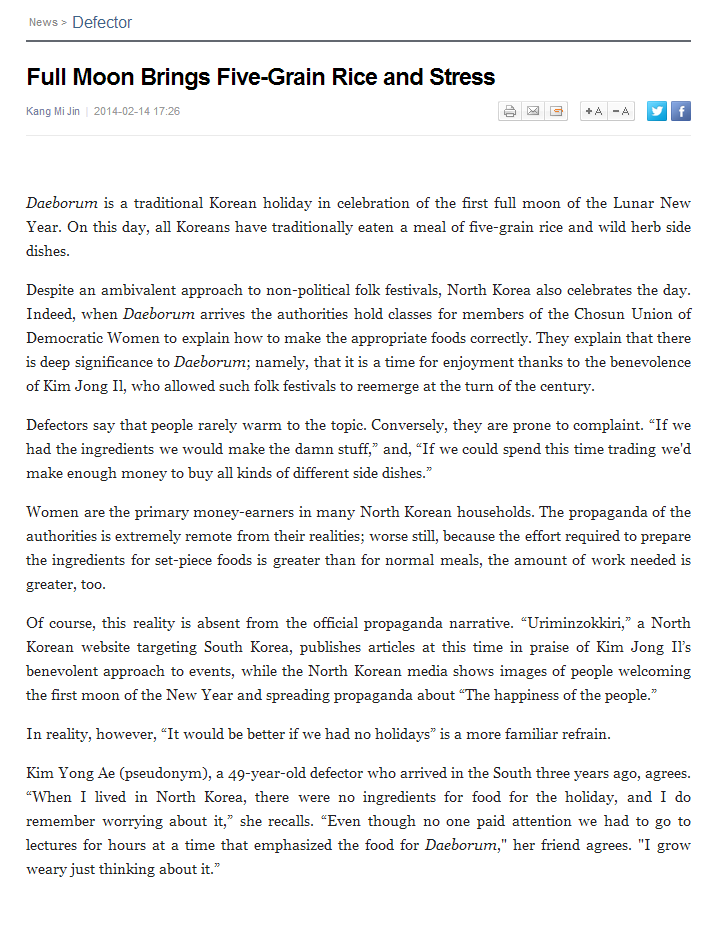
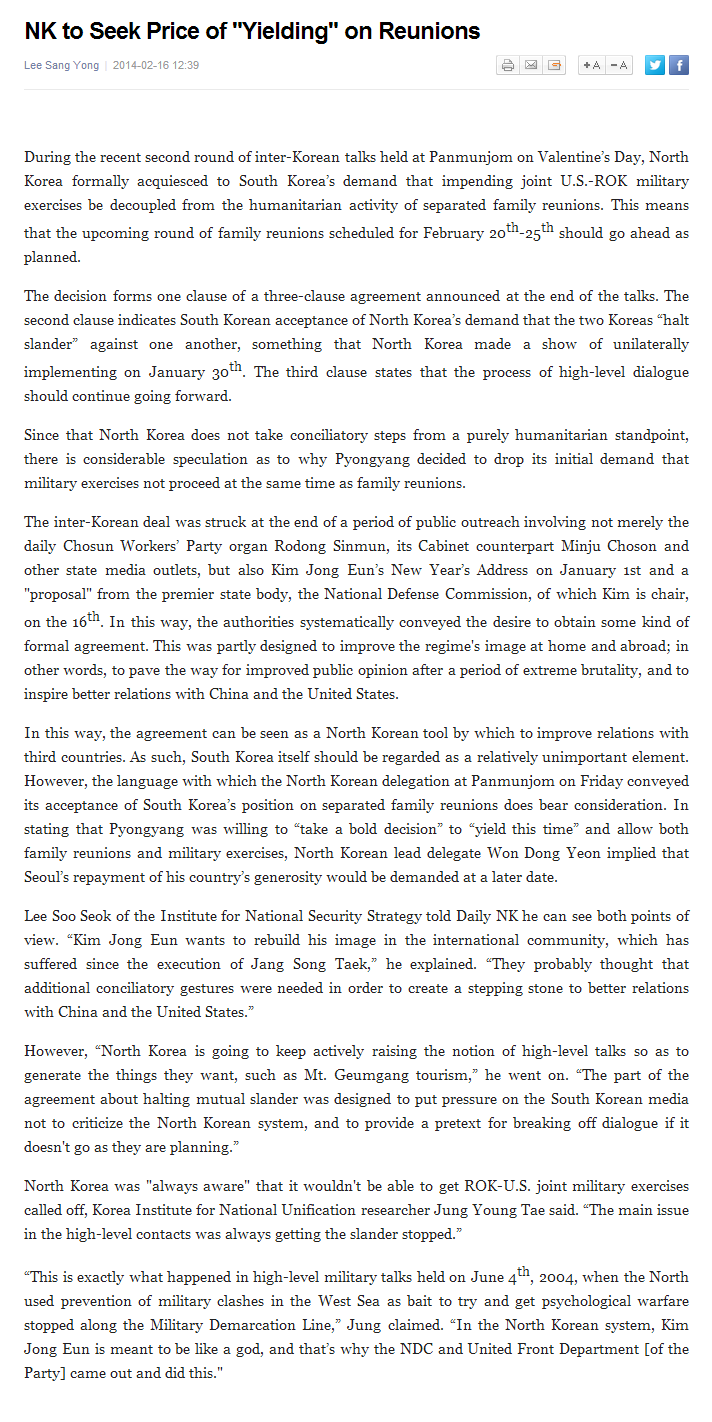

Pyongyang envoy in Mongolia gets into alcohol-related car accident
Published : 2014-02-16 19:43
Updated : 2014-02-16 19:43
By Philip Iglauer (ephilip2011@heraldcorp)
The North Korean Ambassador to Mongolia Ri Chol-gwang was involved in an alcohol-related car accident over the Lunar New Year holiday in Mongolia.
On Feb. 1 at approximately 3:00 a.m., the second day of Lunar New Year celebrations in Mongolia’s capital city of Ulan Bator, Ri and another unidentified North Korean diplomat were in a serious car accident that authorities suspect was alcohol-related, according to a report by a Mongolia-based news group.
The driver is suspected to have been inebriated at the time of the accident, but an investigation by traffic police is underway, according to a media report. It was not clear from the report whether another vehicle was also involved.
The injuries suffered by the North Korean diplomats were so serious that emergency medical personnel on the scene transported them to the National Center for Trauma in Ulan Bator.
Ri suffered serious injuries to his foot and chest and the unnamed diplomat broke his hip bone.
Mongolia established diplomatic ties with North Korea in October 1948, the second nation after the Soviet Union to recognize the communist North.
In October 2013, Mongolian President Tsakhiagiin Elbegdorj visited North Korea, but did not meet leader Kim Jong-un.



